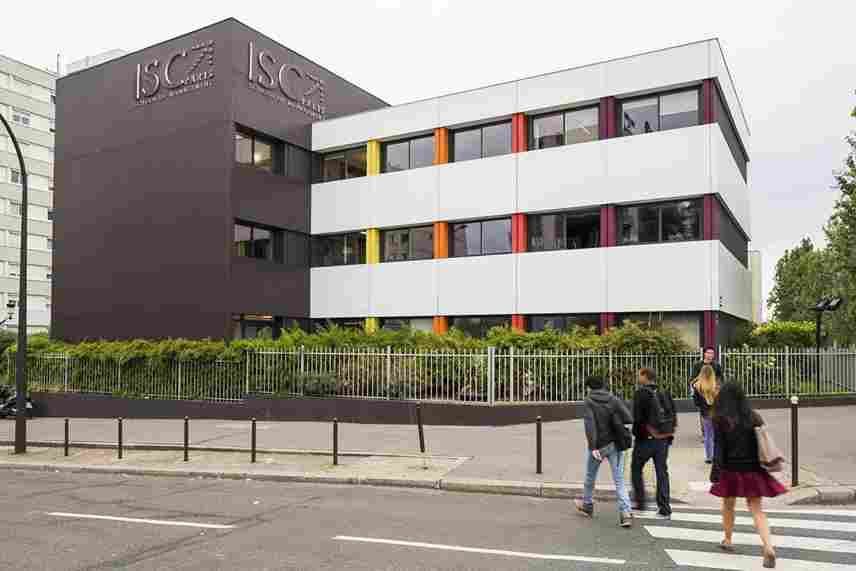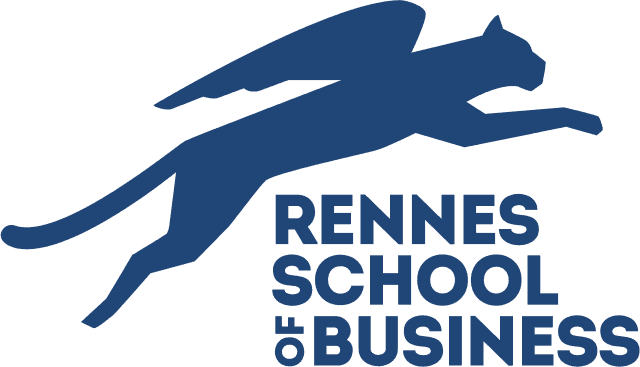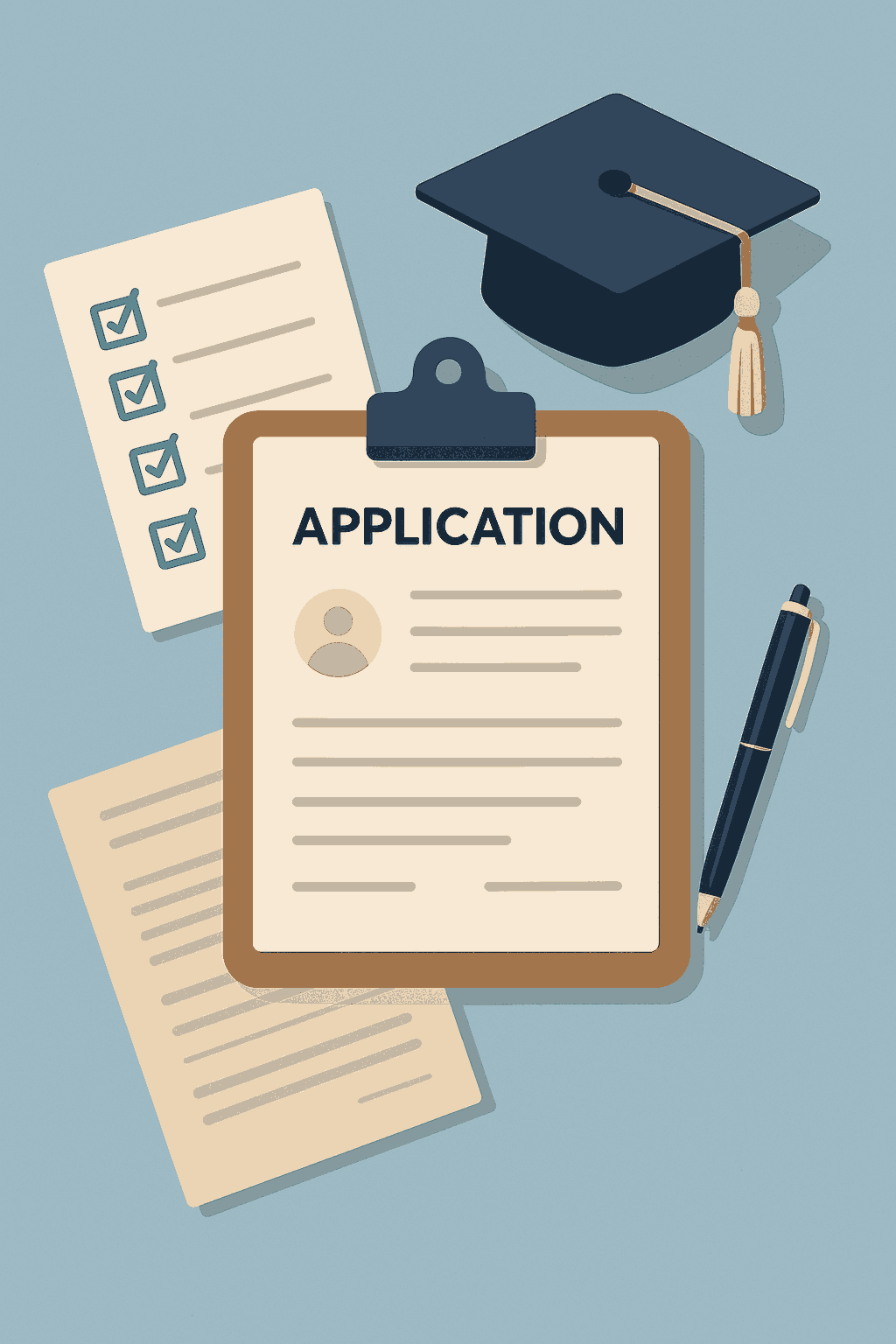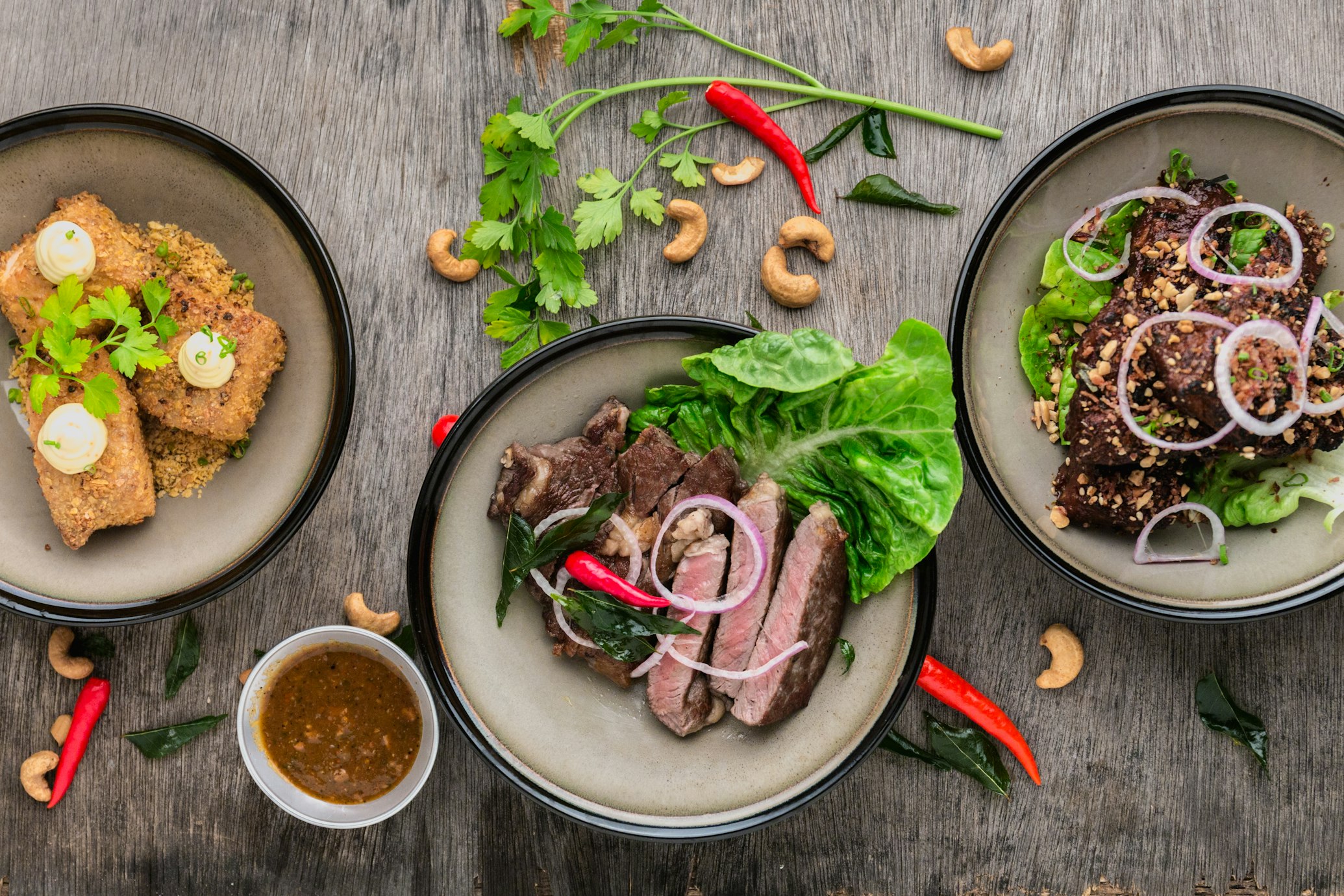STUDY IN FRANCE FOR INTERNATIONAL STUDENTS | STUDY IN FRANCE
France is one of the most popular study destinations in Europe, known for its prestigious institutions, globally recognized degrees, and vibrant student life. With hundreds of English-taught programs, affordable tuition fees, and a high standard of living, France offers the perfect blend of academic excellence and cultural richness.


























































